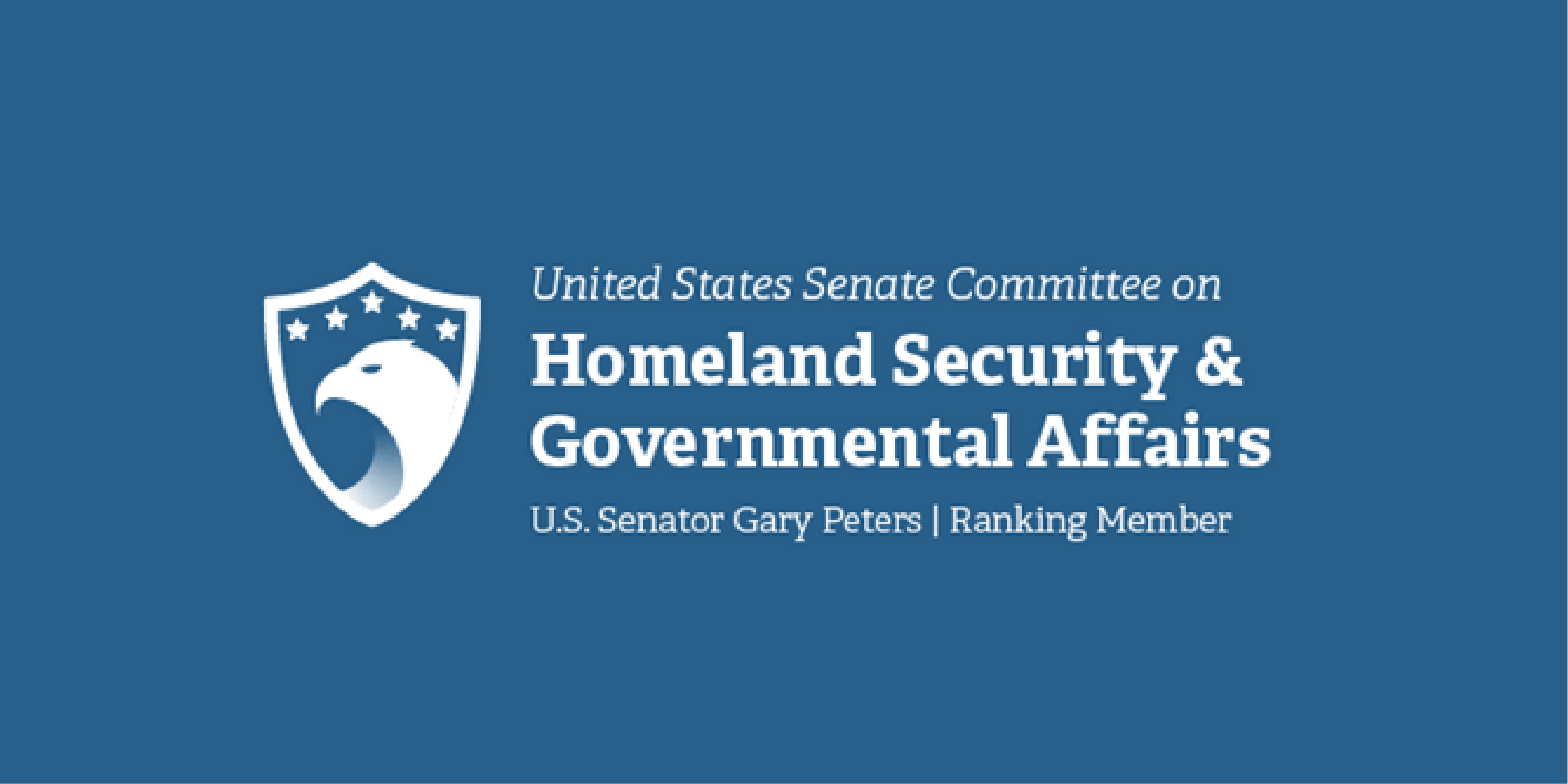
WASHINGTON, D.C. – U.S. Senator Gary Peters (D-MI), Chairman of the Homeland Security and Governmental Affairs Committee, introduced a bipartisan bill to require federal agencies to identify and address potential foreign conflicts of interest involving government contractors, including by disqualifying firms from being awarded contracts where necessary to protect national security and foreign policy interests. The legislation will help prevent contractors from holding sensitive contracts with the United States while advising foreign adversaries including the Russian and Chinese governments. The bill builds off of bipartisan legislation Peters previously introduced and advanced in the Senate to help identify and mitigate potential conflicts of interest between taxpayer-funded projects and government contractors’ other business opportunities.
“Contractors that do business with the U.S. government and the governments of foreign adversaries like Russia and China can create unacceptable conflicts of interest that present serious national security risks. That is why we must ensure private companies that are working on behalf of the American people are providing transparency about whether their other work might conflict with the interests of our nation,” said Senator Peters. “This commonsense, bipartisan bill will ensure that taxpayer dollars are being used to serve the American people – and not foreign entities that threaten the safety of our country.”
Peters’ legislation comes after recent reports that private companies who had been awarded national security contracts by the U.S. government were not transparent about their outside business relationships with entities with ties to foreign adversaries. For example, consulting firm McKinsey & Company provided strategic advice to state-owned companies in China and Russia on militarization efforts while also performing national security contracts for the United States.
The Combating Obstructive National Security Underreporting of Legitimate Threats (CONSULT) Act will require government-wide regulations to mitigate and eliminate organizational conflict of interests relating to national security. The legislation will require consulting firms to disclose potential organizational conflicts of interest with certain entities, such as foreign adversarial entities or governments. Conflicts of interest disclosed by private companies could serve as grounds for denial of a contract where necessary to protect national security, and failure to disclose conflicts could result in the suspension and debarment of a contractor.
###













